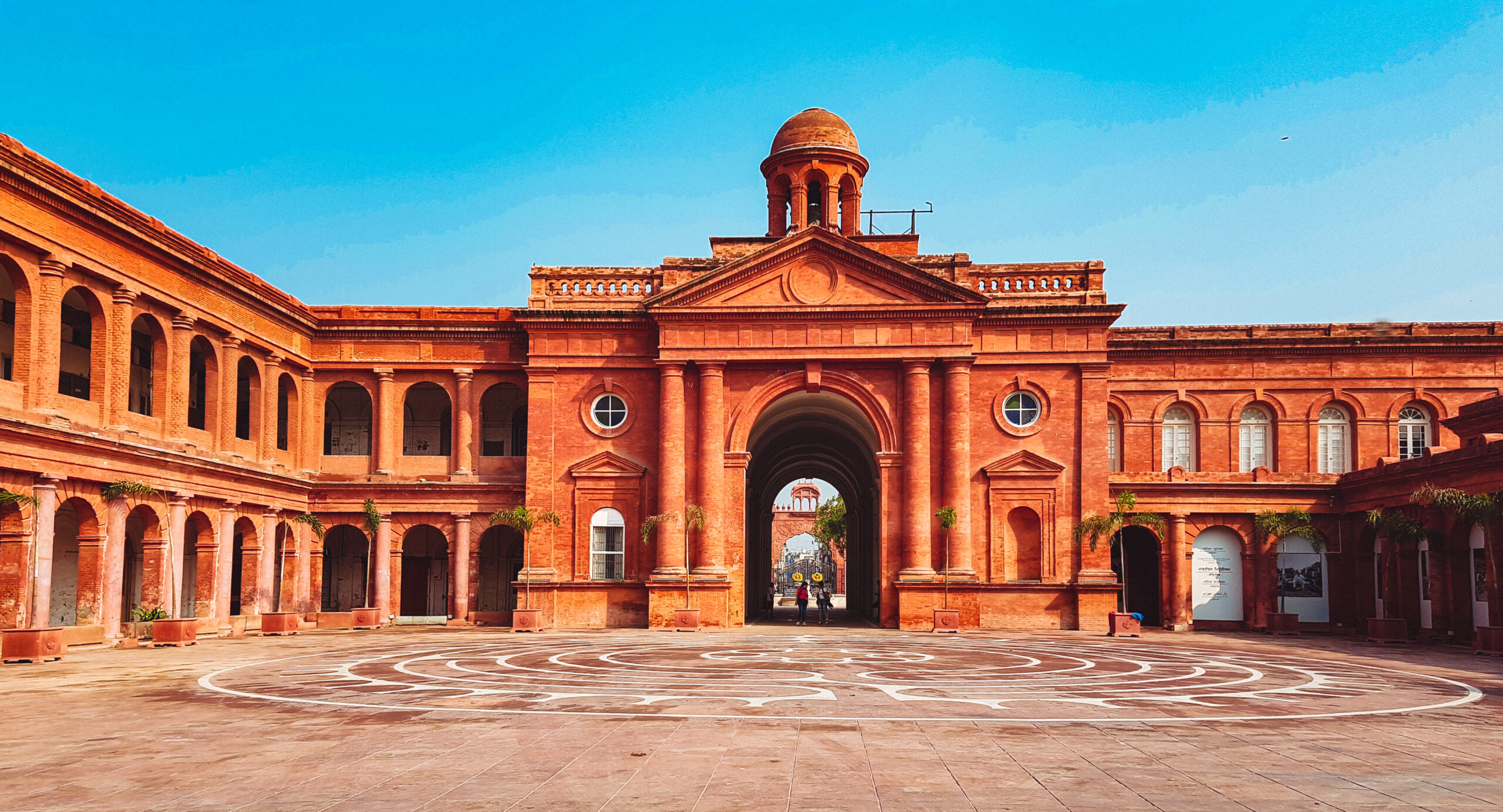
The Partition Museum is housed at the historic Town Hall building in Amritsar, a 5 - 7 minute walk from the Golden Temple. With its arched verandahs, doors with venetian glass, beautiful floor tiles, and the historic belfry (the bell was cast in 1897), the Town Hall is an apt home for the Partition Museum. It is located in the newly renovated Heritage Plaza.

The period from 1930 to 1945 was a time of turmoil and saw the rise of the Indian National Movement in full strength. Among several events that took place, a few crucial ones that defined the course of the movement included the Three Round Table Conferences, the passing of the Government of India Act 1935, the coining of the name “PAK-STAN” by Choudhry Rahmat Ali and World War II. Thousands of Indians were sent to jail during this period.

In the last gallery in the Museum, visitors are encouraged to leave their thoughts and comments on green leaves, which are placed on the “Tree of Hope”. Visitors share their thoughts and comments and help us “green” the Tree of Hope.

This pocket watch belonged to Pt. Devi Dass of Nowshera, Pakistan. He got separated from his family and for weeks they had no news of him. One day, an acquaintance of Devi Dass, Kishori Lal was helping with the mass cremation of unclaimed bodies when he recognized the body of Devi Dass. He removed the watch from his pocket and later advertised in a daily newspaper, asking any surviving family members to collect the watch from him. That advertisement was how the family came to know he was no more. Generously donated by Sudershana Kumari.

Gauhar Singh Waraich received this medal for his service to the British Indian Army as Junior Commissioned Officer. He retired in January 1947 and returned to his family. But once the riots started he was called upon to serve at the refugee camps. His ailing wife and five children navigated their journey from Radiala to Amritsar on their own. His wife died of tuberculosis and was no more when he was finally reunited with his family in November 1947. Generously donated by his great-grandson Gurshamshir Waraich.

Under the "Adopt A Heritage" scheme by the Ministry of Culture, TAACHT was entrusted with the building to establish the Partition Museum and cultural hub focusing on Delhi's heritage.

Dara Shukoh's mansion blends Mughal and Colonial styles—the Mughal portion dates back to 1639, originally the palace of Dara Shukoh. After passing through various owners, including a prominent Portuguese woman, it was eventually acquired by British Resident David Ochterlony, who added Colonial features. Later, it served as a school, polytechnic, and Delhi State Archaeology office before being transformed into the Partition Museum and Cultural Hub.

The museum is divided into seven galleries, taking visitors through a journey that begins in the 1900s with the rising resistance to the British Raj and ends with the aftermath of Partition, highlighting the chaos, violence, and displacement that ensued.

Yash Vir Datta, aged around 10 when the Partition took place, came to Delhi in 1947. He migrated with his parents and siblings from Sialkot (present-day Pakistan) after witnessing heinous killings in his neighbourhood. After seeking shelter at temporary settlements across Delhi, the family finally moved to Feroz Shah Kotla, a refugee camp that later became a refugee colony. This Ration Card, which his father, Tirath Ram Datta, received in the camp, was donated by him to the Partition Museum’s archive. The Ration Card mentions the names of all the family members, including Yash Vir Datta’s mother, Satyawati, and other siblings.
Generously donated by Yash Vir Datta










